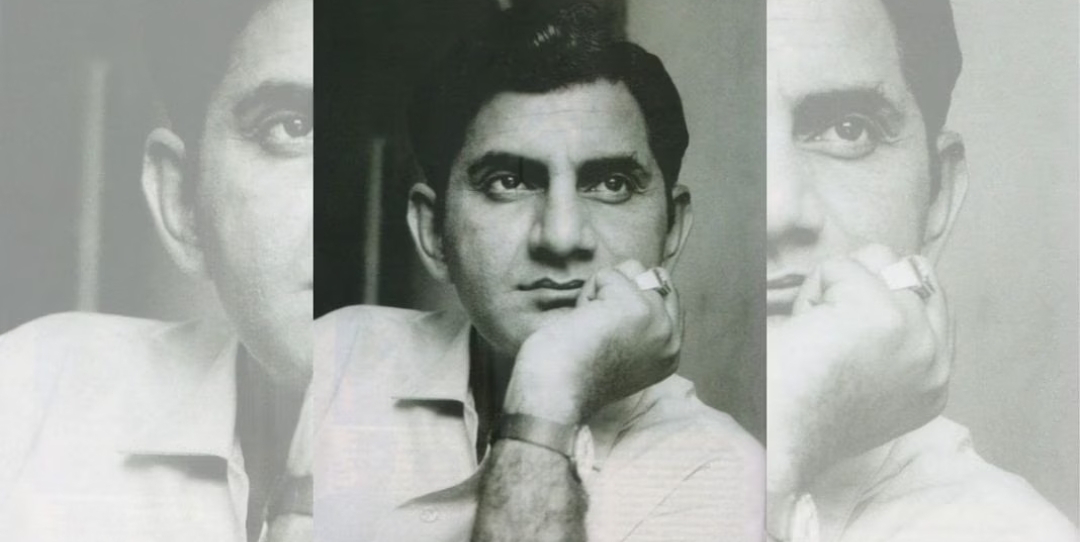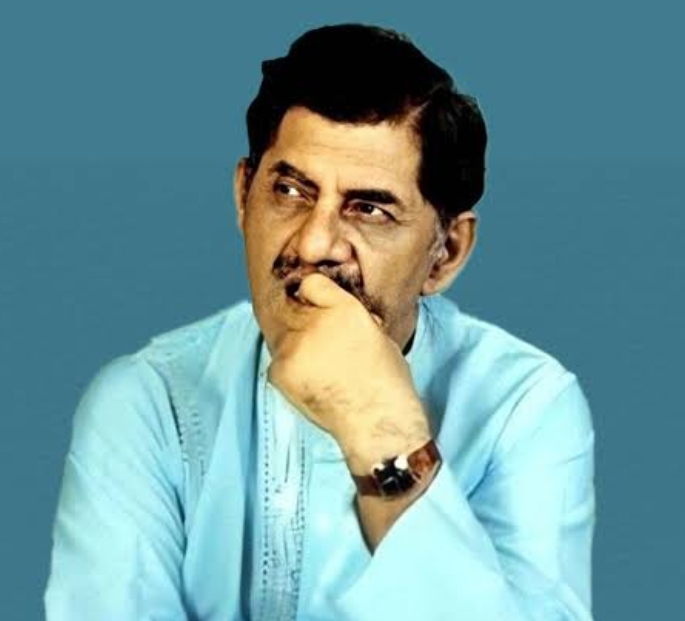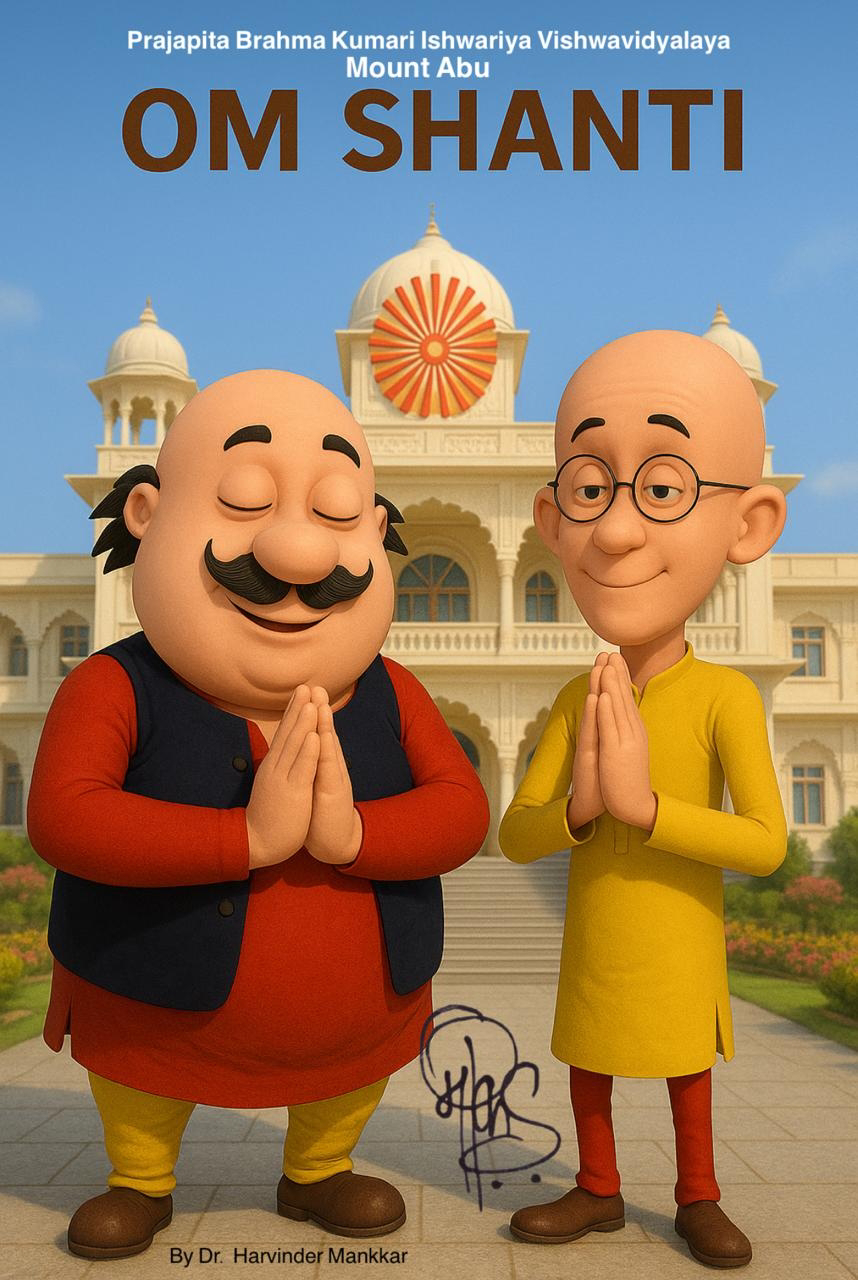Anand Bakshi: The Timeless Voice Behind Bollywood’s Golden Melodies
Article by Dr. Harvinder Mankkar
In the glittering history of Indian cinema, there are few figures whose legacy is as enduring and widespread as that of Anand Bakshi. With over 2,000 songs to his credit, Bakshi's name is synonymous with the golden era of Bollywood music. From the 1960s to the early 2000s, his words brought life to countless iconic films, making him one of the most sought-after lyricists in the industry.
Humble Beginnings and a Dream Deferred
Born on July 21, 1930, in Rawalpindi, which was then part of British India, Anand Bakshi’s journey to stardom was far from easy. Following the Partition of India in 1947, his family moved to India, settling in Delhi. Like many who lived through that tumultuous time, Bakshi's early years were defined by struggle and hardship. However, beneath the surface of these trials lay an unrelenting dream—to be a part of the Indian film industry.
Initially, Bakshi had aspirations of becoming a singer, and he even joined the Indian Army to sustain himself while nurturing his dreams of entering Bollywood. But his career took a different direction when, after several attempts at breaking into acting and singing, he realized his true calling lay in writing. His passion for poetry and storytelling led him to songwriting, a realm where he would leave an indelible mark.
Breaking Through: The Rise of a Legend
Anand Bakshi’s breakthrough came in 1962 when he penned lyrics for the film *Mehndi Lagi Mere Haath* (1962). However, it was with the film *Jab Jab Phool Khile* (1965) that Bakshi truly became a recognized name. Songs like "Pardesiyon Se Na Ankhiyan Milana" and "Ek Tha Gul Aur Ek Thi Bulbul" became chartbusters, and from there, there was no looking back.
Bakshi's ability to convey deep emotions through simple, heartfelt lyrics resonated with audiences across the country. His words had a unique quality—they were poetic, yet relatable, filled with the warmth of everyday life and the complexities of human emotions. This rare combination made his songs universally appealing, a quality that would keep him at the forefront of the industry for decades.
A Career that Shaped Bollywood Music
Over the years, Anand Bakshi became a favorite of leading filmmakers, music directors, and actors. His collaborations with iconic composers like Laxmikant-Pyarelal, R.D. Burman, Kalyanji-Anandji, and Jatin-Lalit produced some of Bollywood's most beloved songs. He worked with directors like Yash Chopra, Subhash Ghai, and Manmohan Desai, contributing to films that became cinematic milestones.
Songs like “Chingari Koi Bhadke” (*Amar Prem*), “Mere Sapno Ki Rani” (*Aradhana*), “Yeh Sham Mastani” (*Kati Patang*), “Dafliwale” (*Sargam*), “Humko Tumse Ho Gaya Hai Pyar” (*Amar Akbar Anthony*), “Tujhe Dekha To” (*Dilwale Dulhania Le Jayenge*), and “Ek Do Teen” (*Tezaab*) are just a handful of the countless classics he wrote. His lyrics were often simple yet profound, capturing the essence of the story, the emotions of the characters, and the mood of the music.
Versatility Across Generations
One of the hallmarks of Anand Bakshi’s career was his ability to evolve with the changing times. From the classical, melodious tunes of the 60s and 70s to the more energetic and modern sounds of the 80s and 90s, Bakshi’s lyrics adapted seamlessly to different styles. His work in films like Dilwale Dulhania Le Jayenge(1995), Dil To Pagal Hai (1997), and Mohabbatein (2000) showed his versatility and relevance in an era dominated by younger musicians and trends.
Despite the shift in musical styles, Bakshi’s lyrics retained their emotional depth. His songs were not merely words set to music; they were an extension of the film’s narrative, often becoming its soul.
Awards and Recognition
Anand Bakshi’s immense contributions did not go unnoticed. He was nominated for the Filmfare Award for Best Lyricist a staggering 41 times, winning four times for his songs in Aadmi Aur Insaan(1969), Apnapan(1978), Ek Duuje Ke Liye(1981), and Taal(1999). These accolades, however, were only a small reflection of the impact he had on audiences and the music industry.
Personal Philosophy and Legacy
Bakshi’s approach to songwriting was deeply influenced by his own life experiences. Having lived through the struggles of Partition, his lyrics often reflected themes of love, separation, patriotism, and the fleeting nature of life. His ability to express complex emotions with simplicity and grace made his songs relatable to listeners from all walks of life.
Anand Bakshi passed away on March 30, 2002, but his songs continue to live on, cherished by millions. His work remains a cornerstone of Indian cinema, and his influence on Bollywood music is immeasurable. Bakshi's songs have become an integral part of India's cultural fabric, played at weddings, festivals, and everyday moments of nostalgia.
The Poet of the People
Anand Bakshi’s journey from a young refugee to one of Bollywood's greatest lyricists is a testament to his talent, perseverance, and the power of words. His songs continue to touch hearts, evoke memories, and bring people together across generations. For as long as Indian cinema exists, the timeless melodies of Anand Bakshi will resonate in the hearts of millions, making him an eternal voice in the world of music.











